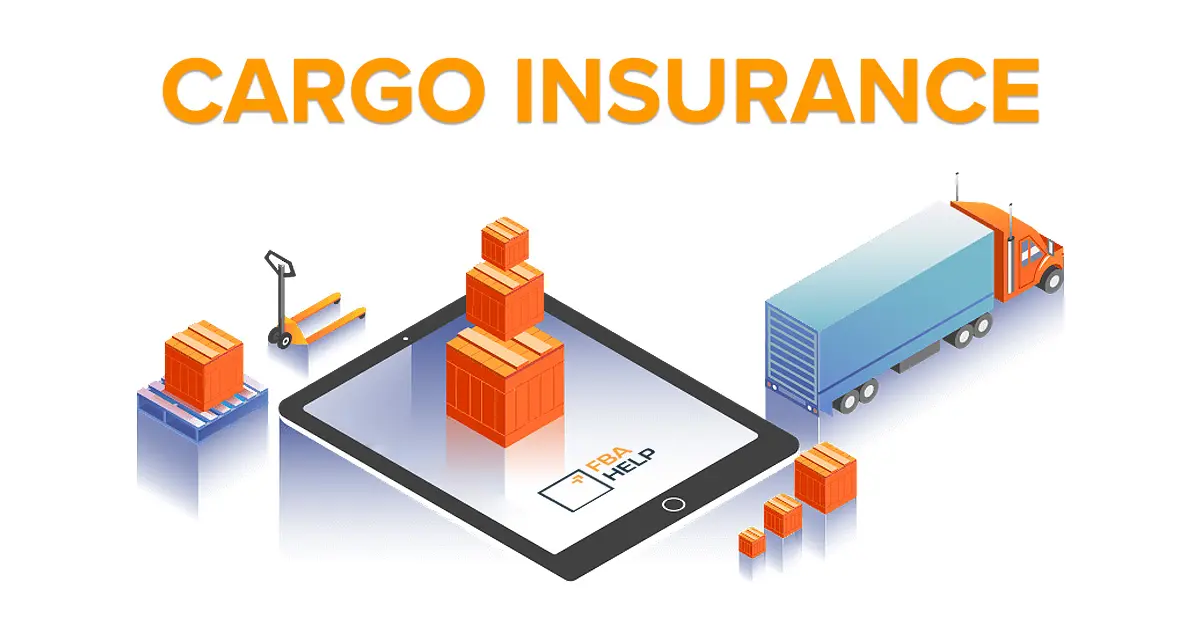Free Carrier - FCA Incoterms Rule Explained in 2023
Understanding the allocation of costs and obligations under the FCA (Free Carrier) Incoterm is essential for both buyers and sellers. Below is a comprehensive guide detailing the key aspects of FCA, including its benefits, obligations, and comparisons with other Incoterms.

Free Carrier (FCA) is an Incoterm that specifies the point at which responsibilities and risks for goods transfer in international trade. Like other 2020 Incoterm rules, FCA clarifies the division of responsibilities, helping both trading parties understand their obligations and facilitating a seamless and efficient transportation process.
1. What Does FCA Mean in Incoterms?
FCA (Free Carrier) is an Incoterm used in international trade where the seller delivers goods to a specified carrier or location chosen by the buyer. From that point, the buyer assumes all risks and obligations for the goods.
2. When Should FCA Be Used?
The FCA Incoterm is ideal in the following scenarios:
- Multimodal Transport: When goods are shipped via multiple modes (e.g., air, sea, or rail), requiring flexibility.
- Buyer-Controlled Logistics: If the buyer prefers managing the supply chain and selecting shipping carriers.
- Prearranged Freight: When the buyer has freight forwarders or shipping agents ready to handle the process.
3. Who Pays for FCA Freight?
Under FCA, the buyer assumes responsibility for all shipping costs once the goods are handed over to the designated carrier or agent.
4. Seller's Obligations Under FCA
The seller must:
- Prepare shipping documents.
- Pack and prepare goods for transport.
- Conduct inspections or checks if required.
- Handle export customs clearance.
- Deliver goods to the agreed carrier or location.
- Provide proof of delivery.
- Cover costs related to pre-carriage, cargo loading, and export fees.
5. Buyer's Obligations Under FCA
The buyer is responsible for:
- Purchasing cargo insurance (optional but recommended).
- Managing the transportation process after the goods are handed over.
- Unloading goods at the final destination.
- Handling import clearance, duties, and taxes.
- Covering all shipping costs post pre-carriage, including terminal charges, transportation fees, and customs-related expenses.
6. Pros and Cons of Using FCA
Advantages for Buyers:
- Greater control over the main carriage process and transparency.
- Export formalities are handled by the seller.
- Flexibility in selecting carriers and tailoring logistics to budgetary needs.
Disadvantages for Buyers:
- Increased risk: The buyer assumes liability once goods are delivered to the carrier.
- Additional costs: The buyer covers terminal charges and other logistics fees.
- Import clearance requirements: Compliance with customs regulations and documentation is crucial.
7. FCA vs. EXW (Ex Works)
EXW (Ex Works) places maximum responsibility on the buyer, who manages all aspects of the transport, from export customs to final delivery.
- Key Difference: Under FCA, the seller is responsible for delivering goods to a specified carrier, while under EXW, the buyer takes over from the seller's premises.
8. FCA vs. FOB (Free on Board)
FOB (Free on Board) is commonly used in sea transport and requires the seller to handle goods until they are loaded onto a vessel.
- Key Difference: FCA transfers responsibility to the buyer once goods reach the designated carrier, while FOB transfers it after the goods are on board the ship.
By understanding the nuances of the FCA Incoterm, buyers and sellers can ensure smoother transactions, better risk management, and clear allocation of responsibilities. Whether you are new to international logistics or looking to optimize your trade agreements, choosing the right Incoterm can make all the difference.









